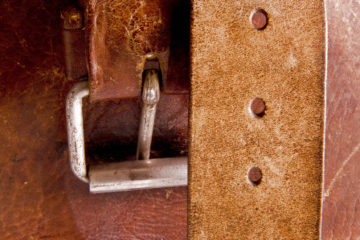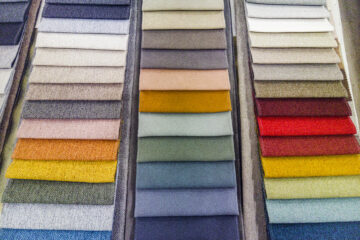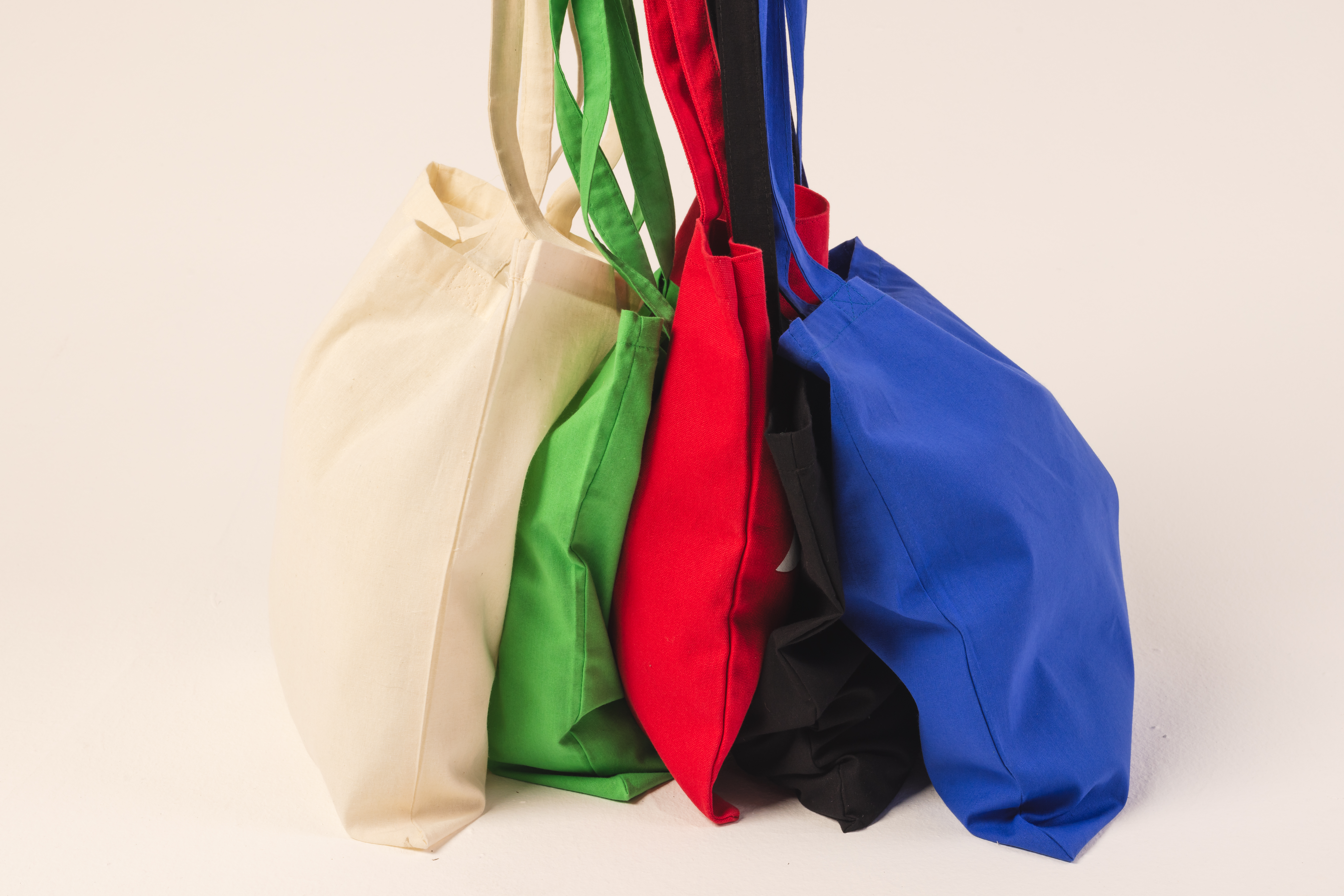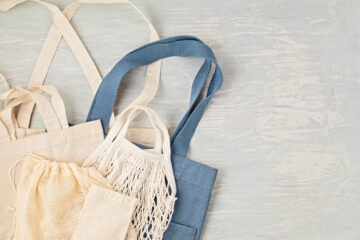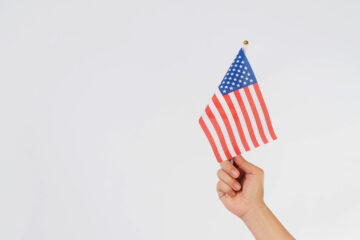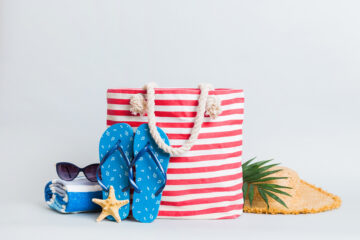The Difference Between Contract Sewing and Private Label Manufacturing
The right manufacturing model can make or break your soft goods production plans. Contract sewing and private label manufacturing each offer unique advantages depending on your goals, resources, and timeline. Understanding the difference between these models can help you make a smarter, more strategic decision about your production path.
What is contract sewing?
Contract sewing is a custom manufacturing model in which the client supplies the product concept, specifications, and often the materials. In this model, the manufacturer is wholly responsible for the cutting, sewing, and assembly of a unique product determined by the client.
This model is ideal for brands that already have a detailed tech pack, CAD files, or an in-house design team. It’s also a great fit for those looking to create highly differentiated or proprietary products.
Because the client retains ownership over the design and often the materials, contract sewing offers high levels of flexibility and intellectual property protection. You can fine-tune every element of the final product, from stitch style to packaging. However, it also requires more hands-on involvement from the brand, especially during early development stages.
What is private label manufacturing?
Private label manufacturing is a faster, more turnkey approach to product development. Instead of starting from scratch, the brand selects from a range of pre-developed products that the manufacturer already produces. These items are then customized and branded for the client.
This model is especially attractive to startups and retail-driven brands that want to test the market quickly. Because the manufacturer handles design, sourcing, and production, private label manufacturing often comes with lower upfront costs and faster time to market.
That said, customization is typically limited. Since the base design is shared across multiple clients, brands may have less influence over product specifications. This manufacturing model works best for brands that need speed and simplicity, rather than complete originality.
Key Differences at a Glance
Here’s a quick comparison of contract sewing and private label manufacturing to help clarify how they stack up:
| Feature | Contract Sewing | Private Label Manufacturing |
| Product Ownership | Brand owns concept and design | The manufacturer owns the base product design |
| Customization | Full | Limited to surface-level elements |
| Time to Market | Moderate to long | Fast |
| Development Cost | Higher | Lower |
| Ideal For | Experienced brands, unique products | Startups, trend-driven collections |
| Material Sourcing | Usually provided by the brand | Handled by the manufacturer |
Which one is right for your brand?
As a soft goods brand, the right choice between contract sewing and private label manufacturing depends on your goals, vision, and budget.
If your product is highly differentiated or if you need complete control over design, materials, and branding, contract sewing is likely the better fit. It’s particularly well-suited for brands building long-term IP or bringing complex products to market.
On the other hand, if your priority is speed to market, lower development costs, or testing a new concept quickly, private label manufacturing may offer the agility you need. It’s a smart option for launching an MVP (minimum viable product), seasonal capsule, or direct-to-consumer line.
U.S. Manufacturing Considerations
Once you’ve chosen your manufacturing method, you’ll also need to decide where to manufacture. The demand for American-made products continues to rise, with a 2023 study showing that over 52% of domestic purchases were labeled “Made in USA.” Whether you choose contract sewing or private label, both models can be executed domestically.
Softline supports U.S.-based manufacturing for clients who value shorter lead times, increased supply chain transparency, and locally sourced materials. We also help brands balance cost considerations with domestic production goals, offering practical solutions that align with both mission and market expectations.
Contract sewing and private label manufacturing are two distinct paths, but both can lead to successful product launches. The right choice depends on your product’s complexity, your team’s resources, and your go-to-market strategy.
Softline Can Help!
At Softline, we help clients assess their options and choose the best-fit model—whether that means building from the ground up or customizing a proven template. With the right partner, either approach can deliver a product you’re proud to put your name on.Ready to explore your production options? Contact our team today.
